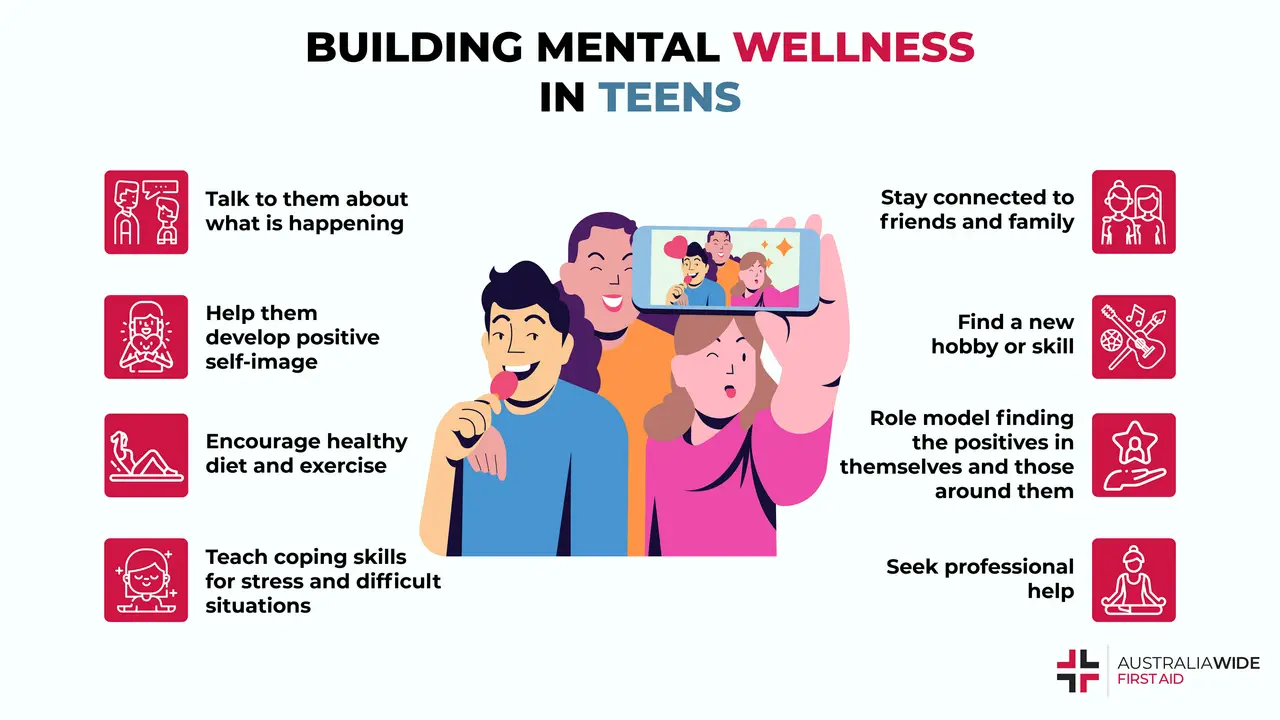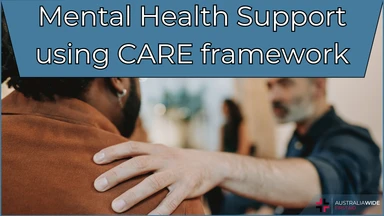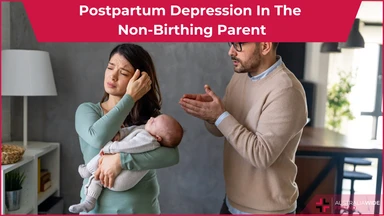How to Build Mental Health and Wellness in Teenagers


Mental health is something that we all have and need to take care of. Just like our physical health, mental health can deteriorate if we don’t look after it.
It’s important to have good mental health for teenagers so they can build resilience and be better equipped to deal with the challenges life throws at them.
There are a number of warning signs that can indicate that a teenager is struggling with their mental health. If you notice your teen is:
It’s important to have a conversation with your teen about how they’re feeling and offer support if you are witnessing any of these symptoms.
If you’re worried about your teen’s mental health, it’s important to have an open and honest conversation with them. Let them know that you are there for them and want to help. It can be difficult for teenagers to talk about how they are feeling, so be patient and try to create a safe and welcoming environment for them to open up in.
Start the conversation with something like:
"I’ve noticed you’ve been withdrawn/sleeping more/etc. and I just wanted to check in with you about how you’re doing?"
If your teen is reluctant to talk, try asking specific questions about how their day was or if anything is worrying them. It’s also important to let them know that it’s okay to not be okay and that they can come to you anytime if they need to talk.
Praising your teen and letting them know they are important to you can also encourage them to open up about how they are feeling.
There are a number of things you can do to build mental health and wellness in teenagers:
Teaching teens to understand their own emotions and be able to express them can help them cope with difficult situations. There are a number of ways you can teach your teen to express their feelings, such as:
Boosting your teenager’s self-esteem can help them feel better equipped to deal with life’s challenges. There are a number of things you can do to help your teenager develop a positive self-image, such as:
A healthy diet and regular exercise can improve both physical and mental health. To help your teenager eat healthily, you can:
For exercise, you can:
Stress is a natural part of life, but it’s important to teach your teenager how to manage it in a healthy way. There are a number of things you can do to help your teenager cope with stress, such as:
Friends and family can provide valuable support during difficult times. To encourage your teenager to stay connected with their loved ones, you can:
Hobbies and activities can help reduce stress, promote positive self-esteem, and provide a sense of accomplishment. To help your teenager find a hobby or activity they enjoy, you can:
One of the best things you can do for your teenager is to help them develop a positive outlook on life. There are a number of ways you can promote positive thinking, such as:
If you’re concerned about your teenager’s mental health, it’s important to seek professional help. Mental health professionals can assess whether your teenager is experiencing a mental health problem and provide treatment if necessary. To find a mental health professional in your area, you can:
If you’re concerned about your teenager’s mental health, it’s important to seek professional help. You can also purchase a first aid course to be able to respond to mental health issues and crises as they emerge.
If you’re concerned about your teenager’s mental health, it’s important to seek professional help. You can also purchase a first aid course to be able to respond to mental health issues and crises as they emerge.
Do you have other ideas for how to build mental health and wellness in teenagers? Share them with us in the comments below!
Australia Wide First Aid offers a First Aid course wherein you can develop the knowledge and confidence to assist those who are in emergency situations and are at their most vulnerable.
For more information on how to develop mental fitness in young people, head to our Resource Library. You will also find tips and tricks for building mental fitness in children, and for rebuilding mental fitness after the COVID-19 pandemic.
Understanding mental health through education is the cornerstone of breaking stigma and fostering supportive communities. Without this knowledge, outdated beliefs can prevent people from accessing the care they deserve. Mental health is as essential to wellbeing as physical health. Spotting the early signs of mental ill-health ensures that individuals can access the right support before situations escalate into crises.
By taking a Mental Health Support Course , you’ll gain valuable insights and practical tools to make a meaningful difference in the lives of those facing mental health challenges.
If an in-person course doesn't suit you, we also offer a fully-online Mental Health Support course to give you the knowledge and tools you need to be able to assist someone who is experiencing poor mental health or is in a crisis. Completed from the comfort of your own home, earn your Certificate of Completion to give to your employer, put on your resume, or simply move forward with the knowledge that you can lend actual help to those who may need it.

February 18, 2025
Mental health can be influenced by every aspect of our lives, and the weather is no exception. In places closer to the equator with humid environments, like Darwin here in Australia, the onset of monsoon season can see people suffer from a tropical seasonal affective disorder known as ‘mango madness’.

January 16, 2025
Mental health crises can occur unexpectedly, and knowing how to respond effectively can make a significant difference. The CARE framework is an easy-to-remember guide for offering support during a mental health crisis. It is also applicable if you think you might be seeing signs and symptoms of low mental health in a loved one, friend, or colleague.

June 3, 2024
New parents, both birthing and non-birthing, can develop postpartum depression. Birthing parents are easily recognized as being at risk for postpartum depression; however, it is important to acknowledge that non-birthing parents are equally susceptible to experiencing postpartum depression.